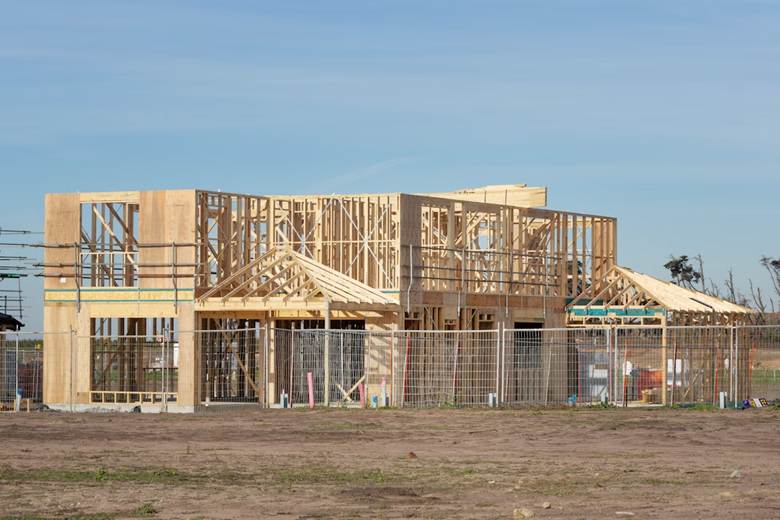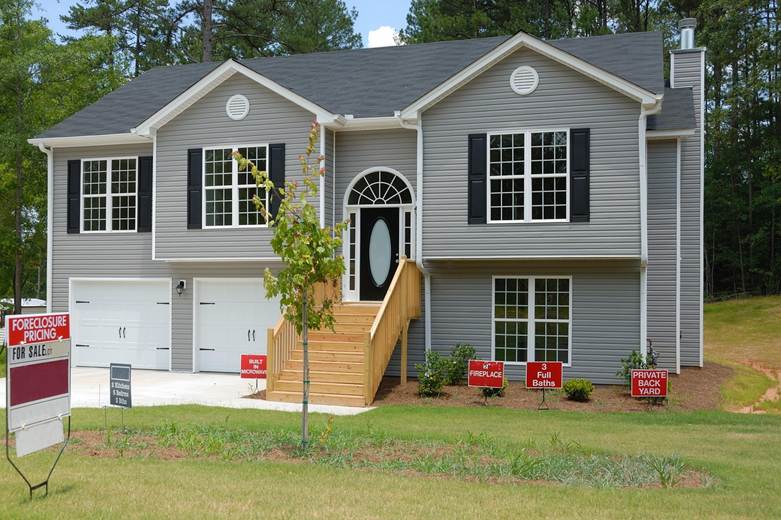Selling a home can be challenging when it lingers on the market for an extended period. While various factors contribute to this prolonged listing, understanding these reasons can empower sellers to take appropriate action. Identifying why a home remains unsold is important, as it directly affects the potential sale price, marketing strategy, and experience for sellers. Let’s examine the key reasons why homes fail to attract buyers and explore effective solutions to mitigate these issues.

Overpricing and Market Misalignment
One primary reason homes fail to sell quickly is overpricing. Owners may have an emotional attachment to their property or believe the home’s unique features justify a higher asking price. However, if that price doesn't align with comparable homes in the area, prospective buyers may overlook it. According to data from the National Association of Realtors, homes that are priced competitively tend to sell faster than those above market value. Sellers can benefit from a comprehensive market analysis, which highlights current trends and competitive pricing.
This analysis allows sellers to set a realistic price that attracts buyers while ensuring they receive a fair return. Targeting the right buyer pool can significantly reduce the time a home sits on the market. If you want to sell your house quickly, you should look for as-is buyers. This strategy may lead to quicker offers, even if the price might slightly differ from the ideal scenario. Pricing flexibility is another factor to keep in mind, as small adjustments can open the door to new groups of buyers. Overpricing can result in a property becoming stale on the market, which may discourage future interest. Buyers often interpret extended time on listings as a red flag.
Maintenance and Upkeep Issues
Curb appeal plays a key role in a buyer’s first impression. A home that appears neglected can raise red flags and prompt potential buyers to steer clear. Features such as peeling paint, overgrown lawns, or damaged roofing contribute to a perception that the home requires extensive repairs.
Homes in good condition are typically more desirable and sell faster. Investing in minor repairs, landscaping improvements, and fresh paint can make a significant difference. Sellers should think about hiring professional cleaning services to ensure the home looks its best for showings. The improved aesthetic can attract more attention and help generate offers in a shorter time frame.
Poor Marketing Strategies
The way a house is marketed can drastically impact its visibility to potential buyers. High-quality photographs and engaging descriptions are key in an online listing, as most buyers start their home search online. Homes with poor marketing often miss out on significant traffic, leading to extended listing periods.
Using various platforms for promotion, including social media and real estate sites, can enhance exposure. Engaging a real estate agent with expertise in local markets can guide effective marketing approaches. They can help create a targeted strategy that speaks to potential buyers and showcases the home in the best light.
Some aspiring agents study these issues before they ever list a property. For example, real estate exam prep platforms introduce pricing, valuation, and buyer psychology early, so new professionals are better equipped to keep homes from sitting on the market too long.
Location and Market Trends
Location significantly influences how long a property may sit on the market. Neighborhoods experiencing a downturn or those with limited amenities may struggle to attract buyers. Factors such as nearby schools, shopping centers, and public transportation can influence buyer decisions.
If the market trends show a preference for certain areas or types of homes, sellers may need to adjust their approach based on current demand. Staying informed about market trends in your area can help you recognize when it might be the right time to sell or adjust pricing strategies. Sellers should keep an eye on neighboring listings, sales history, and buyer preferences to navigate the market more effectively.
Inflexible Showing Availability
Another reason some homes take longer to sell is the limited availability for showings. Buyers often have busy schedules and may lose interest if accessing a property is too challenging. Flexibility in showing times can encourage more potential buyers to visit the home, increasing the chances of receiving an offer.
Using a real estate agent who can accommodate varied schedules can be a game-changer. Allowing for virtual showings can attract interest from a wider audience. The more accessible a home is, the better the likelihood of addressing buyer concerns and receiving offers.

Emotional Factors Affecting Decisions
Sellers often struggle with the emotional aspects of selling their homes. The attachment to a property can cloud judgment about pricing and condition, leading to decisions that prolong the market stay. Sellers need to adopt a more business-like approach to the selling process, recognizing that buyers may not share the sentimental value tied to the home.
Of particular concern is the tendency to reject offers that may appear low based on personal valuation. Keeping an open mind and listening to market feedback can empower sellers to make more informed decisions. Remaining realistic about the selling process can foster a more successful outcome and expedite the process. Selling a home that lingers on the market can be frustrating for sellers.
Understanding the common reasons homes do not sell quickly can provide valuable insights into addressing potential issues. From pricing and property condition to marketing efforts and emotional attachment, each element contributes to the efficiency of the selling experience. By approaching these challenges proactively, sellers can enhance their chances of closing a sale and doing so promptly.









